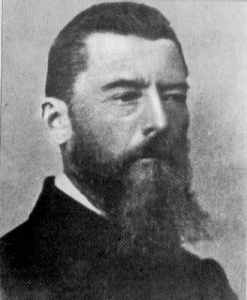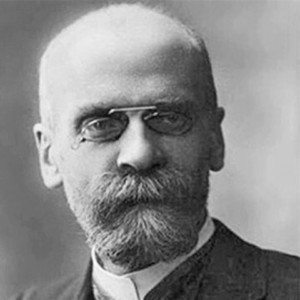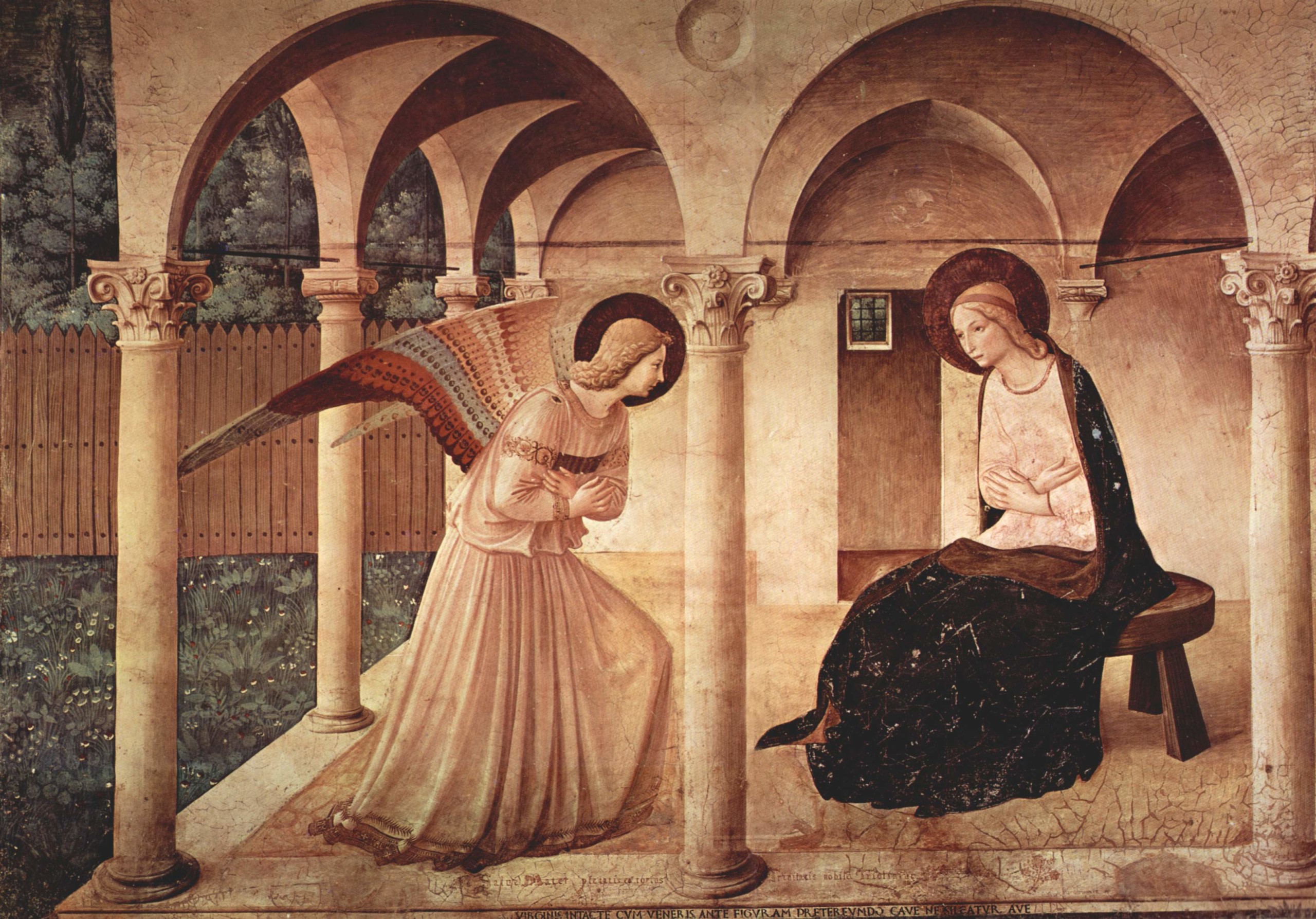[The following is the homily that I preached at the Solemn Profession of Br. Anthony Daum, OSB, on Sunday, January 17, 2021]
At the moment, in the midst of so much uncertainty, even turmoil, there would seem to be nothing more irrelevant than a solemn monastic profession in a small monastery. Of course, anyone who knew Abraham as he set off from the city of Ur [Genesis 12; first reading today] would have felt that his life was irrelevant to the fate of the superpowers of the day, Babylon and Egypt. For that matter, scarcely any first-century Roman of any importance would have seen a group of a dozen Jewish ex-fishermen being of any relevance to the future of the Roman Empire.
In the gospel of Luke, Jesus warns us not to judge events and persons by worldly standards: “What is exalted among men is an abomination in the sight of God [Luke 16: 15].”
So what might be the meaning of our Brother Anthony’s intention to abandon himself to God in the monastic life, and its relevance to us who are gathered here as witnesses?
God made us for Himself, and this means that we have a capacity for God, the capax Dei, as the Latin theologians would put it. This is an amazing, almost unbelievable reality. But it does correspond to our deepest longings. Saint Augustine says that because we are made for God, our hearts are restless until we rest in Him.
Our capacity for God means that our desire is potentially infinite. Any attempt to satisfy ourselves through material comfort, political power, or even good health will fail at some level. Not only that, but any finite thing or condition I obtain still leaves an infinite distance between my desire and its satisfaction.
The temptation for many of us today is to double down on our efforts to secure finite goods, or to fear their loss. This produces no small amount of anxiety; we encounter the interior abyss meant to be filled with divine life and try to fill it with perishing things. In our present world, we have no lack of perishable things dangled before us, promising a relief to our anxiety. And not only that; politicians promise safety, prosperity, and civility. Or, in our contemporary situation, it is perhaps just as likely that politicians warn us that we will lose safety, prosperity, and civility if we vote for the other side.
But whatever is promised to us as a salve for our infinite desire, this promise is ultimately vain. And so it is that our Lord, as well as His disciple Saint Paul, urge us to rethink, to reassess our priorities and desires, to be renewed in our minds and see as God sees.
Far from urging us to a safe and prosperous life, Jesus teaches us that we must lose our lives in order to gain them [Matthew 16: 24-27; today’s gospel]. Just before He gave this teaching, our Lord rebuked Saint Peter for clinging to a worldly mode of thought: “Get behind me, Satan!…you are not on the side of God, but of men [Matthew 16: 23].”
What had Peter done to deserve this rebuke? He expressed a sense of scandal in the idea that the Messiah must suffer many things from the authorities, and to be put to death. And are we not all tempted to think like Peter? We often don’t like to think about the renunciations that God asks of us. Sometimes they seem entirely too difficult.
And yet, from another perspective, is not this truly the gospel, a word of hope and renewal? After all, if we were to rely on our own efforts to solve our present political problems, would we not be on the brink of despair?
What the gospel proclaims is that our salvation, the fulfillment of our desires, comes entirely from outside the flailing pandemonium of our world. All that God asks of us is to live in accordance with the promises we made at baptism, that moment when God’s infinite life was poured into our hearts from outside the world. In today’s Collect, the opening prayer after the Gloria, the Church shows us that solemn monastic profession is a sign that the sanctifying grace of baptism has been and is flourishing mysteriously in the life of this man. His yes to God is a sign of God’s quiet power at work in the world, calling us out of the world.
We will symbolize this dramatically when Brother Anthony lies prostrate beneath a funeral pall as we sing together the litany, invoking the presence of God’s saints who have triumphed before us and are united with us as members of Christ’s Body.
But let me again quickly shift perspective, that this way to God through self-abandonment is only open because God first entered our world as one of us. God comes from outside of this world to reveal to us that our homeland, that yearned-for place of rest and peace, is not found in this world. And if we seek peace, we must turn our eyes again and again to Jesus Christ and His saints. And we must have men and women willing to leave everything behind to show us how this is done, and to lead the way.
Thus our celebration today will move each of us closer to this new and purified world, mysteriously replacing the old world that is passing away, that world to which we cling so desperately as to make life miserable! Freed from the compulsion to seek satisfaction in things of this world, we will be fortified against the temptations to sin that come from anxiety about the world, the temptation to skimp on justice, to give in to anger and sadness, to seek escape in pleasures of the flesh. And as we point others toward our true home, toward genuine rest and peace, may we learn to embrace the sufferings that come with being in this land of exile, that our faith may bring us joy and consolation, and may win many others to Christ.


